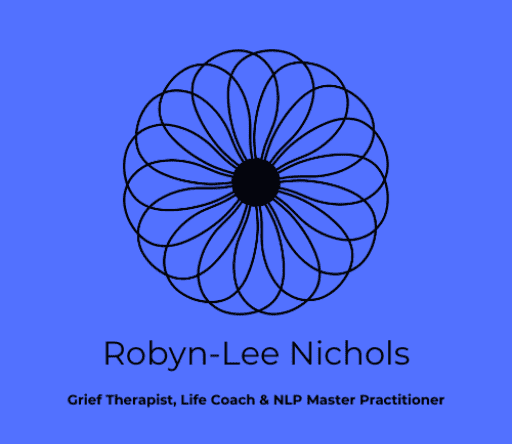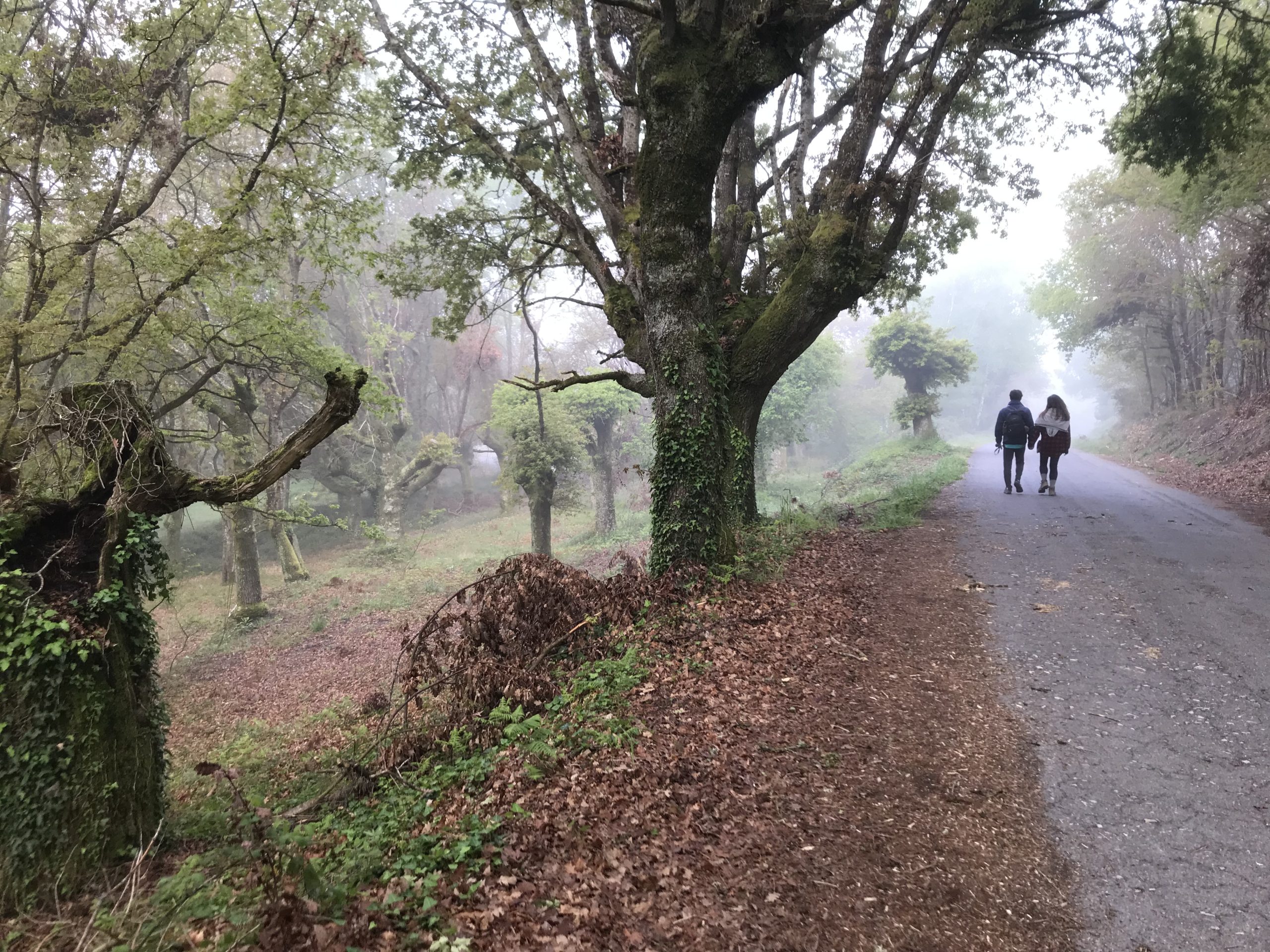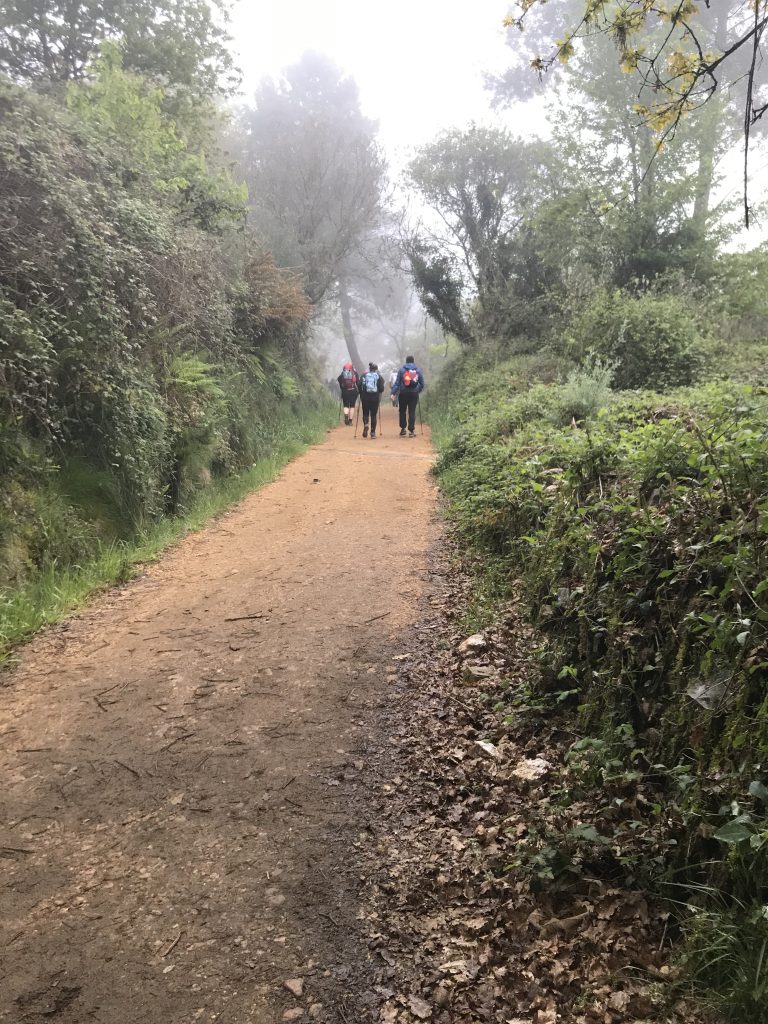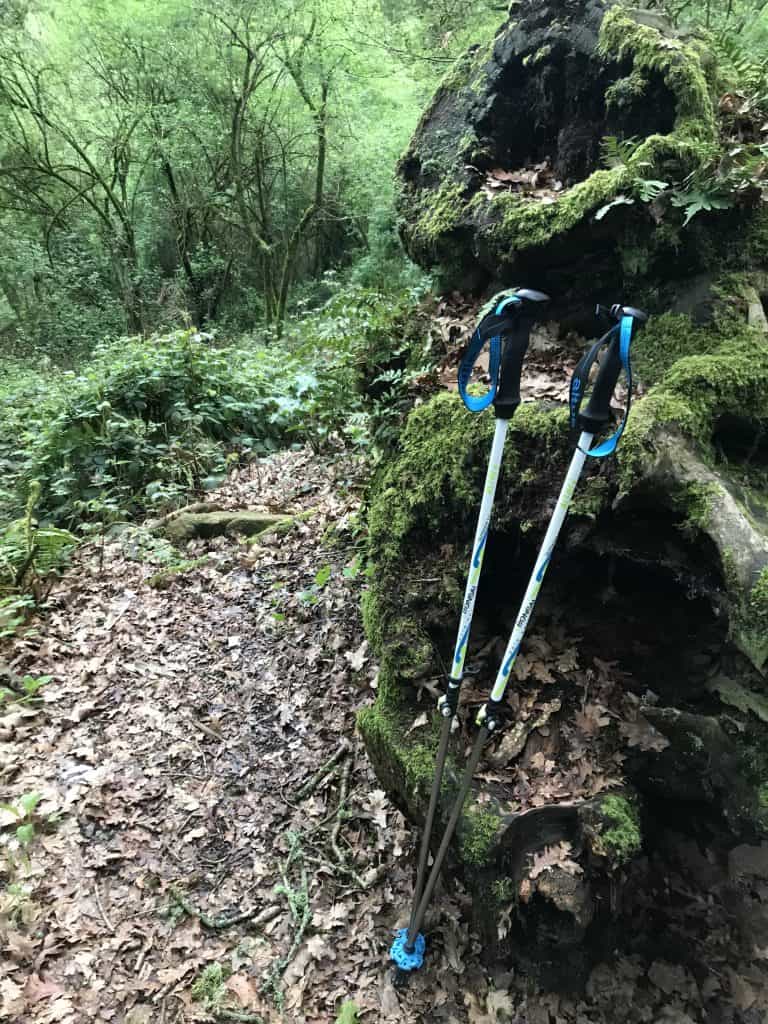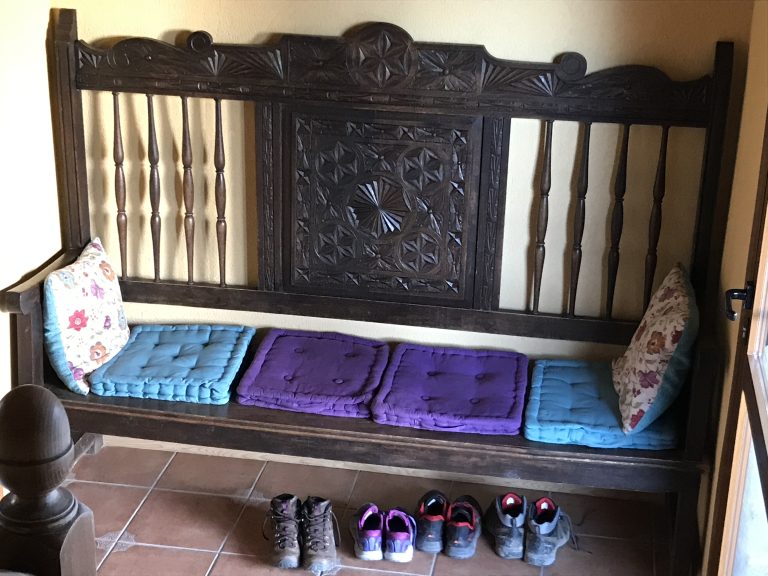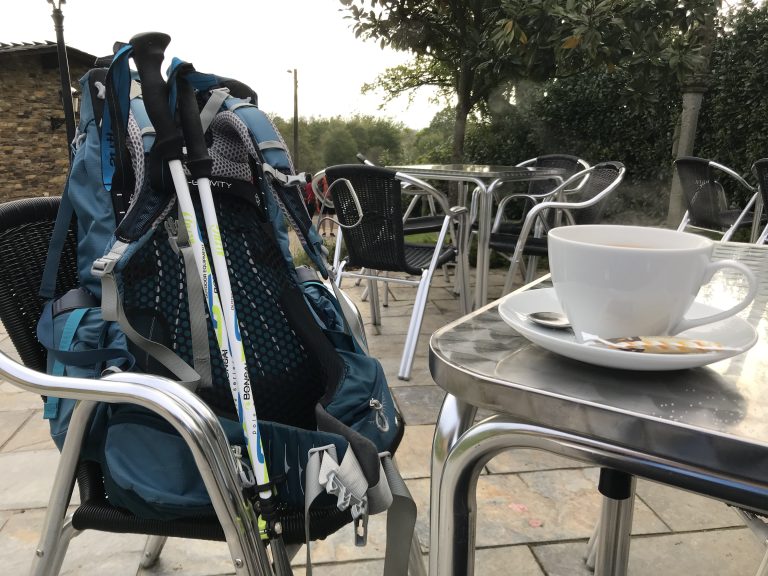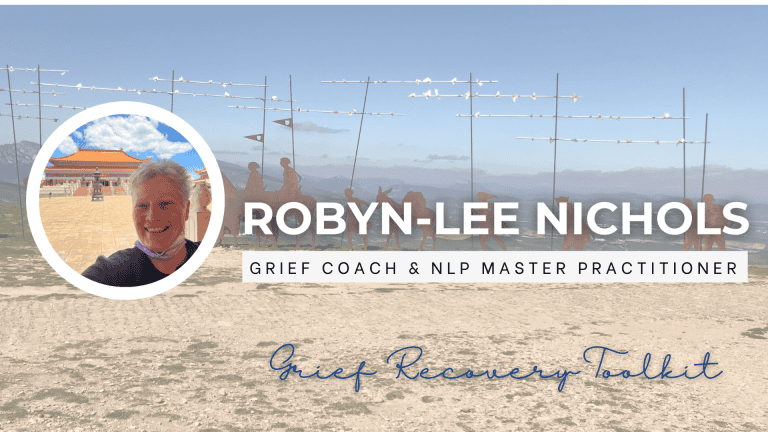Self-Reliance or Self-Sabotage? The Shocking Link Between Grief Trauma and Avoiding Asking for Help
Grief Support is fundamental to meaningful healing.
Many people pride themselves on being independent and self-sufficient, viewing the need to ask for help as a sign of weakness.
However, what appears as strength or resilience may actually be a trauma response – a coping mechanism developed in response to past experiences where support was unavailable, unreliable, came with conditions or backlash or even dangerous to seek.
The Roots of Self-Reliance as a Trauma Response and avoiding seeking Grief Support
When we experience trauma and grief particularly during formative years, our brains develop survival strategies to protect them from further harm.
If reaching out for help was met with rejection, ridicule, or punishment, the brain learns that self-reliance is the safest option. This pattern can emerge from various situations, such as having emotionally unavailable parents, experiencing betrayal by trusted figures, or living in environments where vulnerability was exploited.
The idea that because grief is part and parcel of who we are as human and our finite visit on earth, often leaves us without seeking the necessary support believing that we must all simply get on with things. A lack of grief support, particularly in a home where a key member of the family has passed on, creates complicated grief in later years.
Impact on Emotional Regulation
The inability to ask for help significantly affects emotional regulation – the capacity to manage and respond to emotional experiences in healthy ways.
When someone consistently suppresses their need for grief support, they often develop maladaptive coping mechanisms. These might include emotional numbness, hypervigilance, or excessive self-criticism.
The body keeps score of this sustained self-reliance, often manifesting in physical symptoms like chronic tension, sleep disturbances, or digestive issues. The nervous system remains in a state of heightened alert, preparing to handle everything alone, which can lead to burnout, emotional exhaustion and depression.
Grief and the Resistance to Support
The grief journey presents a particular challenge for those who struggle with asking for help.
Grief naturally demands support and connection, yet those with trauma-based self-reliance often resist this fundamental need.
This resistance can complicate the grieving process in several ways:
During grief, the instinct to isolate becomes stronger, precisely when support is most crucial.
The bereaved person might feel they’re burdening others by sharing their pain, leading to complicated grief where emotions remain unprocessed and unintegrated.
This pattern can create a cycle where grief becomes increasingly difficult to navigate alone, yet the threshold for reaching out grows higher.
Breaking the Pattern: Understanding and Healing
Recognising that difficulty asking for help stems from trauma is the first step toward healing.
This awareness helps shift the narrative from “I don’t need help” to “I learned it wasn’t safe to need help.” This reframing opens the door to developing new patterns of behaviour and belief systems.
For many, the journey toward accepting support begins with small steps.
It might start with acknowledging the desire for help, even if acting on it feels impossible. Working with a trauma-informed and healing-centered therapist can provide a safe space to explore these patterns and gradually build trust in receiving support.
The Role of Healthy Boundaries
Paradoxically, learning to ask for help requires establishing healthy boundaries.
Many trauma survivors swing between complete self-reliance and overwhelming dependency when they finally allow themselves to seek support. Understanding that healthy help-seeking involves boundaries that helps create sustainable patterns of interconnection rather than isolation or codependency.
Building a New Relationship with Support
The process of healing involves creating new neural pathways that associate asking for help with safety and connection rather than danger. This might involve:
Practicing self-compassion when the need for support arises, rather than self-judgment Starting with “safer” requests for help in low-stakes situations Building a network of trusted individuals who have demonstrated reliability and respect Learning to recognize the difference between healthy independence and trauma-driven self-reliance
Understanding that not asking for help is a trauma response allows individuals to approach their self-reliance patterns with greater compassion and awareness. It’s not about dismantling independence entirely, but rather about developing the flexibility to reach out when needed and the wisdom to discern when support would be beneficial.
The journey from trauma-based self-reliance to healthy interdependence is rarely linear. It requires patience, self-compassion, and often professional support. However, recognizing this pattern as a trauma response rather than a personality trait opens the door to deeper healing and more fulfilling relationships.
As individuals learn to trust in the availability and safety of support, they often discover that asking for help isn’t a sign of weakness but rather a testament to their growing emotional wisdom and strength.
